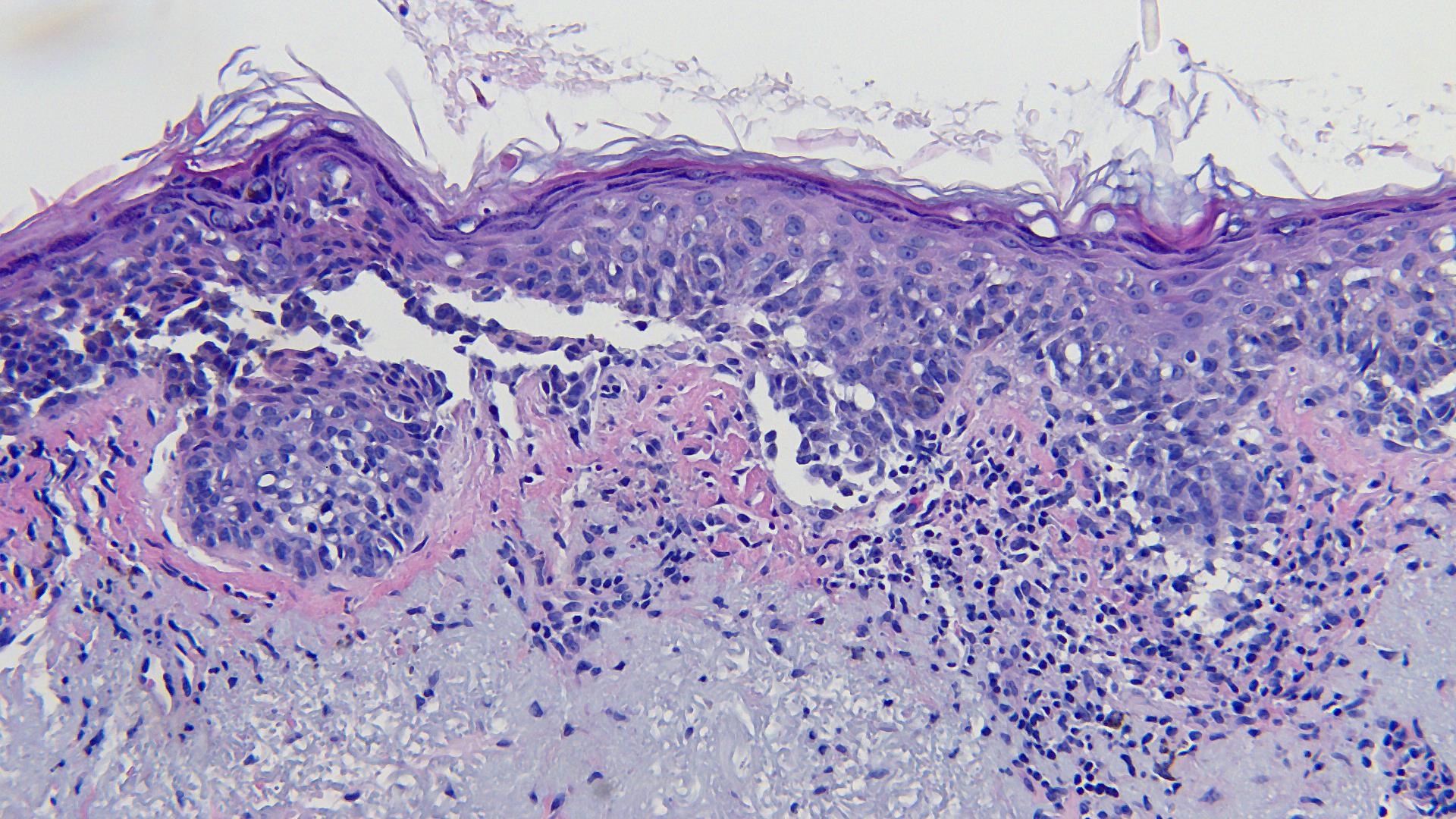
Istari Oncology has announced the dosing of the first subject in the LUMINOS-102 Phase II clinical trial of its viral immunotherapy, PVSRIPO, in patients with melanoma that have progressed on anti-programmed death receptor-1/ligand 1 (PD-1/L1) therapy.
PVSRIPO activates the innate and adaptive immune system to trigger the production of a functional, systemic anticancer CD8+ T cell response.

Discover B2B Marketing That Performs
Combine business intelligence and editorial excellence to reach engaged professionals across 36 leading media platforms.
The open-label multi-centre, randomised trial will assess the safety, tolerability and initial efficacy of PVSRIPO intratumoral injection alone (Arm 1) and in combination with a PD-1 inhibitor (Arm 2).
Istari plans to carry out an interim analysis on randomising and treating 20 patients for three months.
Over a time period of 24 months, patient outcomes such as objective response rates, response durability, progression-free survival and overall survival will be evaluated.
The trial will be carried out across over 20 research sites in the US, including Henry Ford Cancer Institute.

US Tariffs are shifting - will you react or anticipate?
Don’t let policy changes catch you off guard. Stay proactive with real-time data and expert analysis.
By GlobalDataIstari Oncology president and CEO Matt Stober said: “Anti-PD-1/L1 therapies have been a major advancement in melanoma treatment, however, many patients develop resistance or never respond in the first place.
“PVSRIPO monotherapy has already shown clinical activity in this population, and its mechanism is synergistic with anti-PD-1/L1 therapies, so we believe the combination may provide even more benefit.”
The latest trial builds upon successful data from Phase I study of PVSRIPO monotherapy in anti–PD-1 refractory advanced melanoma.
Data from the study showed that the overall response rate of 67% was observed in participants who received three single intratumoral injections three weeks apart, indicating PVSRIPO’s ability to initiate or rekindle responses in patients who have failed anti–PD-1 therapy.
Furthermore, responses were noted in injected as well as noninjected tumours, suggesting an abscopal response. In the trial, no serious adverse events or dose-limiting toxicities of the treatment were observed.





